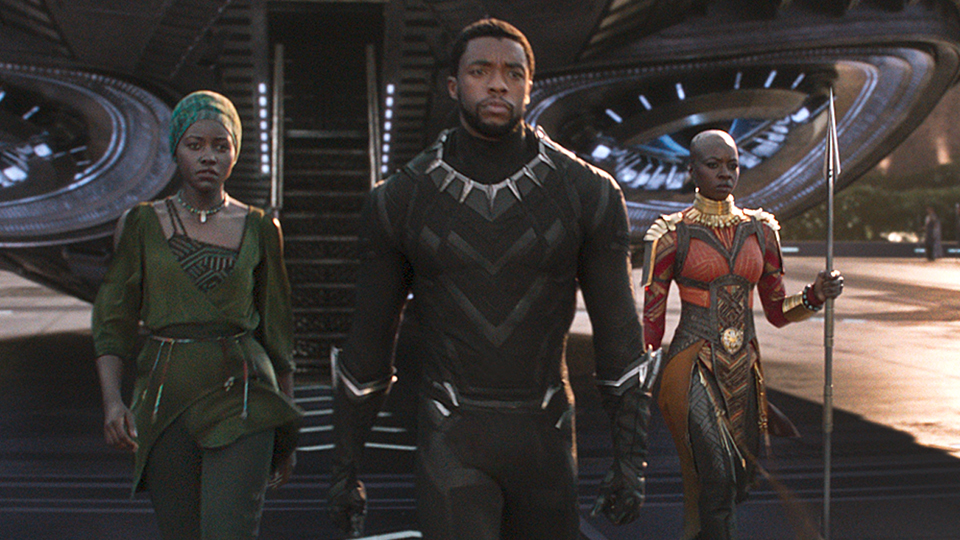By Carlos “Carlito” Rovira
I’m happy to say that I took some time out and went to see the Marvel Studios movie production Black Panther. I was compelled to make this happen by the range of discussion about it, by people at work, friends and social media. I have to admit that I enjoyed watching it very much. It is the best movie I have seen since the first Star Wars in 1977.
The special effects, color, costumes and most especially of all the cast. Every actor in this movie merits an Oscar, especially Michael B Jordan, Chadwick Boseman, Danai Guirira, Forest Whitaker, Lilitia Whight and Winston Duke. Although “Wakanda” is a fictitious African country the quality of this movie will tend to make you believe for a brief moment that such a place exist.
But despite the movie’s acting and technical sophistication and well-deserved praises, like all areas of aesthetics especially the cinema, Black Panther cannot avoid having political content.
And for progressive minded people, especially people of color with connections to the liberation struggle, we should not be reluctant to divide the one into the two; this movie production has many beautiful aspects that will be appreciated by all especially young people of color.
One would easily feel that Black Panther is promoting a sense of African empowerment, and understandably so with such a powerful display of Black actors. Unfortunately, that is not the case.
Let’s not lose sight that it was the backing of avaricious capitalist corporations, that partake directly or indirectly in the plunder of Africa, that made this movie possible. It became apparent to me how the political content of this movie was insidiously well pronounced, and sugar coated for the purpose of mass acceptance.
Throughout most of the stretch of the movie I could not avoid being baffled when Black warriors of “Wakanda” are shown harmoniously collaborating with a white C.I.A. operative played by Martin Freeman. In one of the scenes, he is wounded in battle and is affectionately cared for by the Wakadans.
The absurdity in this key element of the plot is knowing the criminal history of the C.I.A. in Africa – from the murder of Patrice Lumumba, the imprisonment of Nelson Mandela, and the countless bloody atrocities it has committed throughout the African continent. The profiteers of this movie are hoping that we are ignorant of these historical facts.
In another insidious and politically significant part of this movie the Black Panther (the King) speaks before an international body of delegates from various nations to announce how Wakanda will no longer keep from the world its precious resources but instead will begin to share them. What is absurd in this scene is that in reality imperialist powers have always robbed Africa of all of its resources, human and material. In this same scene the C.I.A. operative is shown applauding the Black Panther’s announcement, as if giving approval.
Many Blacks and other people of color will feel inspired by this movie for many good reasons; Black Panther was excellently made, and its cast was mostly Black who performed their roles with the utmost skills.
But while we admire the talents that comes from an oppressed people let’s not ever forget who controls the aesthetics and institutions of culture in this society, it is not the oppressed. There are reasons why capitalist corporations with complicity in racist oppression in the United States and the colonization of Africa, like the Walt Disney Company, were motivated to partake in making this movie.
